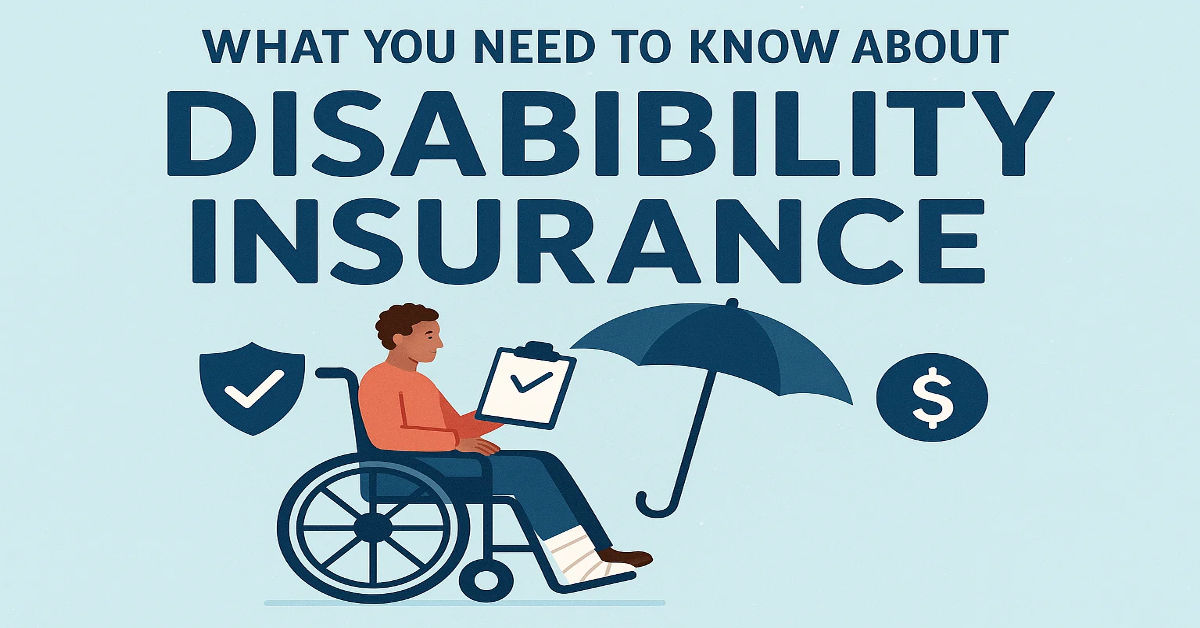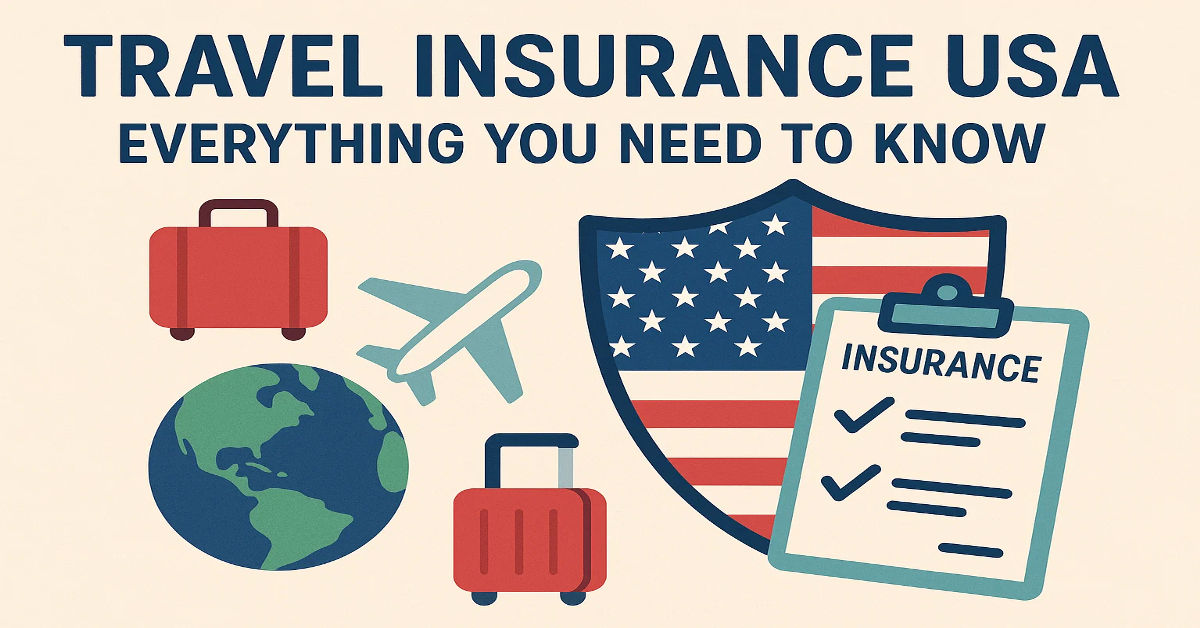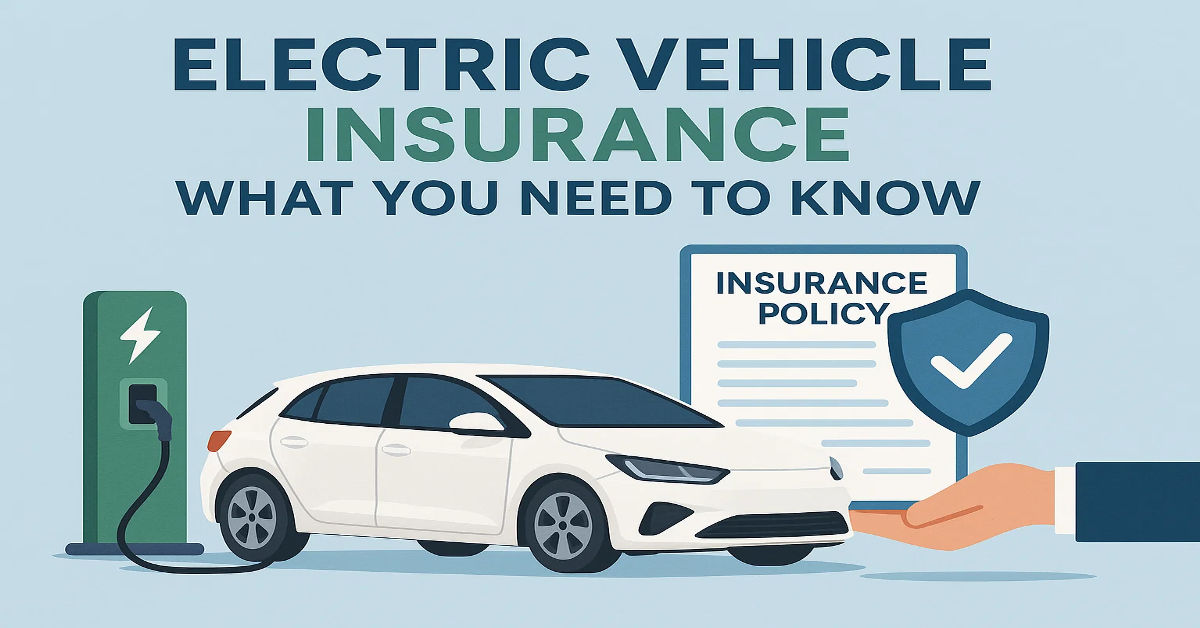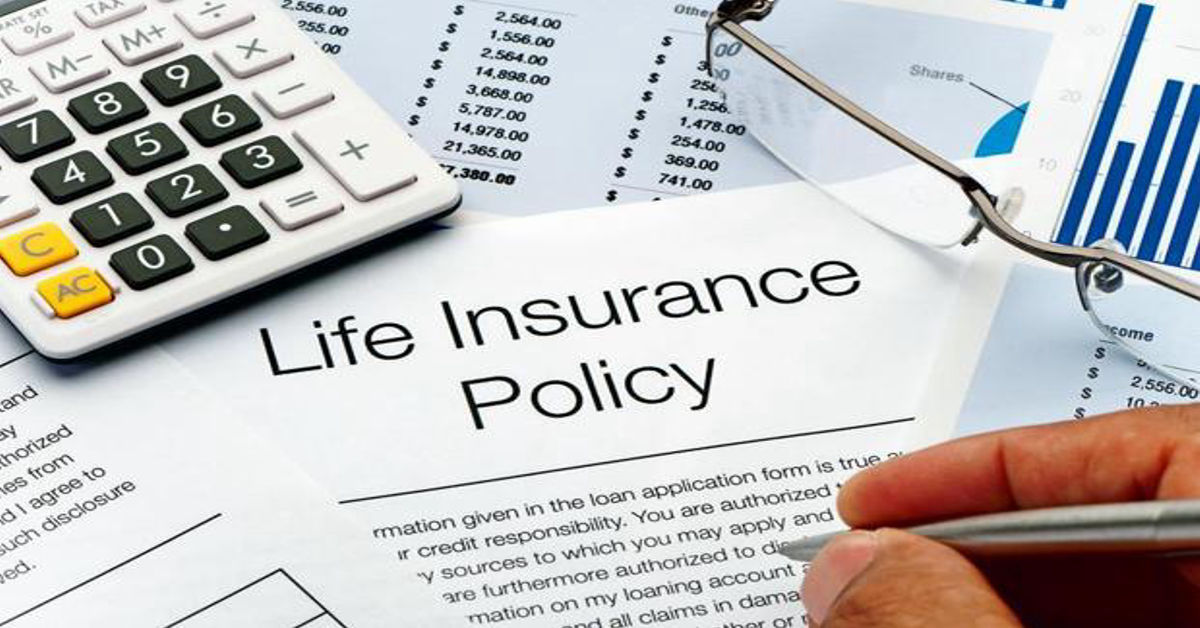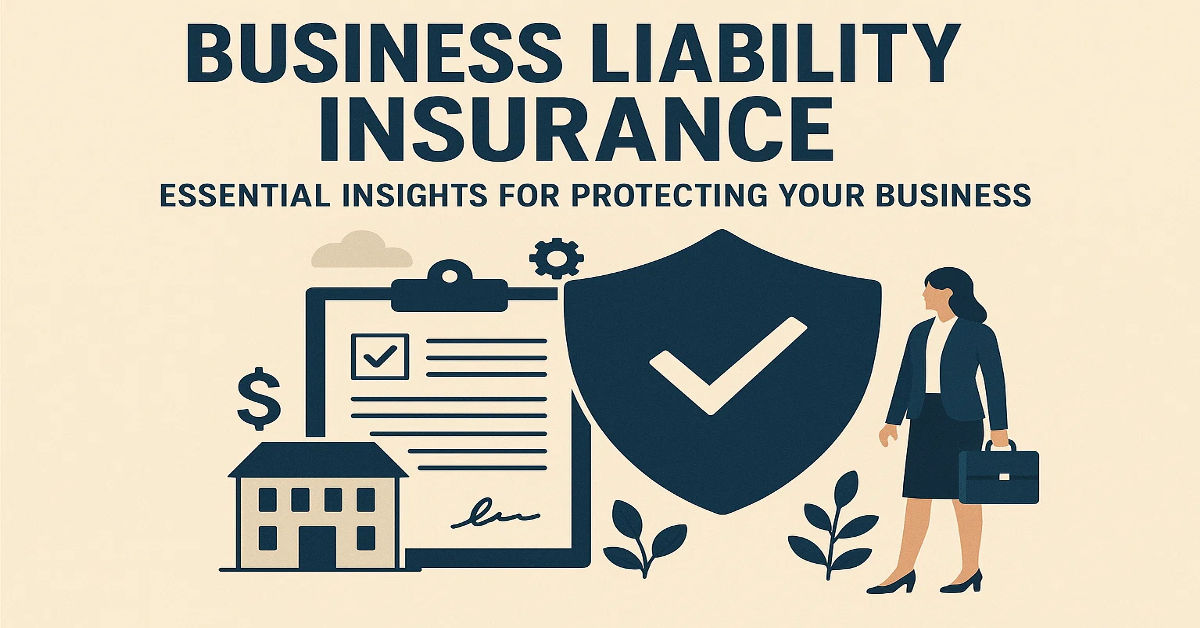
Running a business is an exciting endeavor, but it’s not without its risks. liability insurance serves as a vital safety net, shielding your hard-earned enterprise from potential financial catastrophes. Whether you’re operating a small startup or a large corporation, understanding this type of insurance is an essential step toward managing risk effectively. This guide outlines what business liability insurance is, why it matters, and what you need to know to make informed decisions.
What is Liability Insurance?
Corporate liability insurance is a type of coverage designed to protect businesses from claims that may arise from injuries, accidents, or negligence that occur during operations. These incidents can lead to lawsuits, medical expenses, or property damage for which your business may be held liable. With this insurance in place, you can keep your company’s finances safe from crippling legal costs.
Examples of situations covered include a customer slipping and falling in your store, or a third-party experiencing property damage caused by your employees.
Why is Liability Coverage Important?
Businesses across the United States face various legal risks every day, and without proper coverage, accidents and lawsuits could result in financial ruin. Here’s why having the right liability protection in place is so important:
- Legal Compliance: Many states require businesses to carry liability insurance to operate legally.
- Financial Protection: Legal fees and settlements can cost tens or even hundreds of thousands of dollars.
- Peace of Mind: Knowing your business is protected allows you to focus on growth without excessive worries about potential lawsuits.
Investing in proper insurance today can save you significant expenses in the future.
Types of Commercial Liability Insurance
There are different kinds of business liability insurance, each catering to distinct needs. Below are the most common types:
a. General Liability Insurance
This is the most basic form, covering bodily injuries, property damage, and advertising claims such as defamation.
b. Professional Liability Insurance
Also called Errors and Omissions (E&O) insurance, this type is essential for businesses offering professional services. It covers claims related to mistakes or negligence in your work.
c. Product Liability Insurance
If your business manufactures or sells products, this coverage protects against claims arising from defective or harmful products.
d. Employer’s Liability Insurance
Required in most states, this policy covers workplace injuries that an employee may experience.
Understanding which policy best fits your needs depends on your specific industry and operations.
What Does Liability Insurance Cover?
The coverage provided depends on your plan, but generally, it includes the following:
- Bodily Injury: Covers medical expenses if someone is injured on your premises or because of your operations.
- Property Damage: Pays for damage caused to someone else’s property.
- Personal and Advertising Injury: Includes libel, slander, or false advertising claims.
- Legal Defense Costs: Covers attorney fees, court costs, and settlements.
Review your business operations in detail to ensure your policy covers all possible liabilities.
What is Not Covered?
While comprehensive, liability insurance does have limitations. Here are a few areas typically excluded:
- Employee injuries (covered by workers’ compensation insurance)
- Damage to your business property (requires commercial property insurance)
- Intentional acts or fraud
- Auto accidents involving company vehicles (covered by commercial auto insurance)
It’s important to understand policy exclusions to avoid surprises during a claim.
Who Needs Occupational Liability Insurance?
Every business, regardless of its size or industry, can benefit from liability coverage. For instance:
- Retail Stores and Restaurants: These businesses face risks of slip-and-fall accidents or food-related illnesses.
- Professional Service Providers: Accountants, consultants, or lawyers risk claims related to errors or negligence.
- Manufacturers and Distributors: Product defects can lead to costly legal battles.
Tailoring your business liability insurance policy ensures you are covered for the specific risks your business faces.
How to Choose the Right Policy
Choosing the best possible protection involves understanding your company’s unique requirements. Follow these practical steps:
- Assess Your Risks: Conduct a risk assessment to pinpoint potential liabilities.
- Compare Providers: Research multiple insurance companies and compare quotes.
- Understand Policy Terms: Read the fine print to understand coverage limits, deductibles, and exclusions.
Be proactive and consult an insurance advisor for professional guidance when selecting a policy.
The Cost of Liability Coverage
The price of liability insurance can vary based on several factors:
- Industry: High-risk industries like construction will generally pay higher premiums.
- Size of Business: Larger businesses with more employees or higher revenues typically incur higher costs.
- Location: State laws and local risks can influence premium prices.
- Coverage Limits: The amount of protection you seek will reflect in your policy cost.
On average, small businesses in the US pay between $500 and $1,500 annually for a general policy. Remember, the cost is minimal compared to the expenses a single lawsuit could cause.
Conclusion
By safeguarding your financial stability, this insurance ensures you’re prepared for unexpected events that could otherwise threaten your operations. Business liability insurance is not just a theoretical safety net it’s a practical investment in your company’s future. Whether you’re an experienced entrepreneur or just starting out, securing the right policy is a critical step toward long-term success.
Take the time to assess your needs, choose the right coverage, and protect what you’ve worked so hard to build.
FAQs
Q1. Is liability insurance mandatory in the US?
While not federally mandated, some states require specific liability coverage for business licenses or contracts.
Q2. How do I determine my coverage needs?
Start with a risk assessment, evaluate your industry-specific liabilities, and consult an insurance expert to determine what suits your business best.
Q3. Does liability insurance cover employee injuries?
No, employee injuries are typically covered by workers’ compensation insurance.
Q4. Can I bundle liability insurance with other policies?
Yes, many insurers offer bundled packages such as a Business Owner’s Policy (BOP), which combines general liability insurance with property insurance.
Q5. How quickly can I get liability insurance?
The process is relatively quick. Many insurers allow you to apply online, and depending on your business, you could have coverage within 24 hours.


